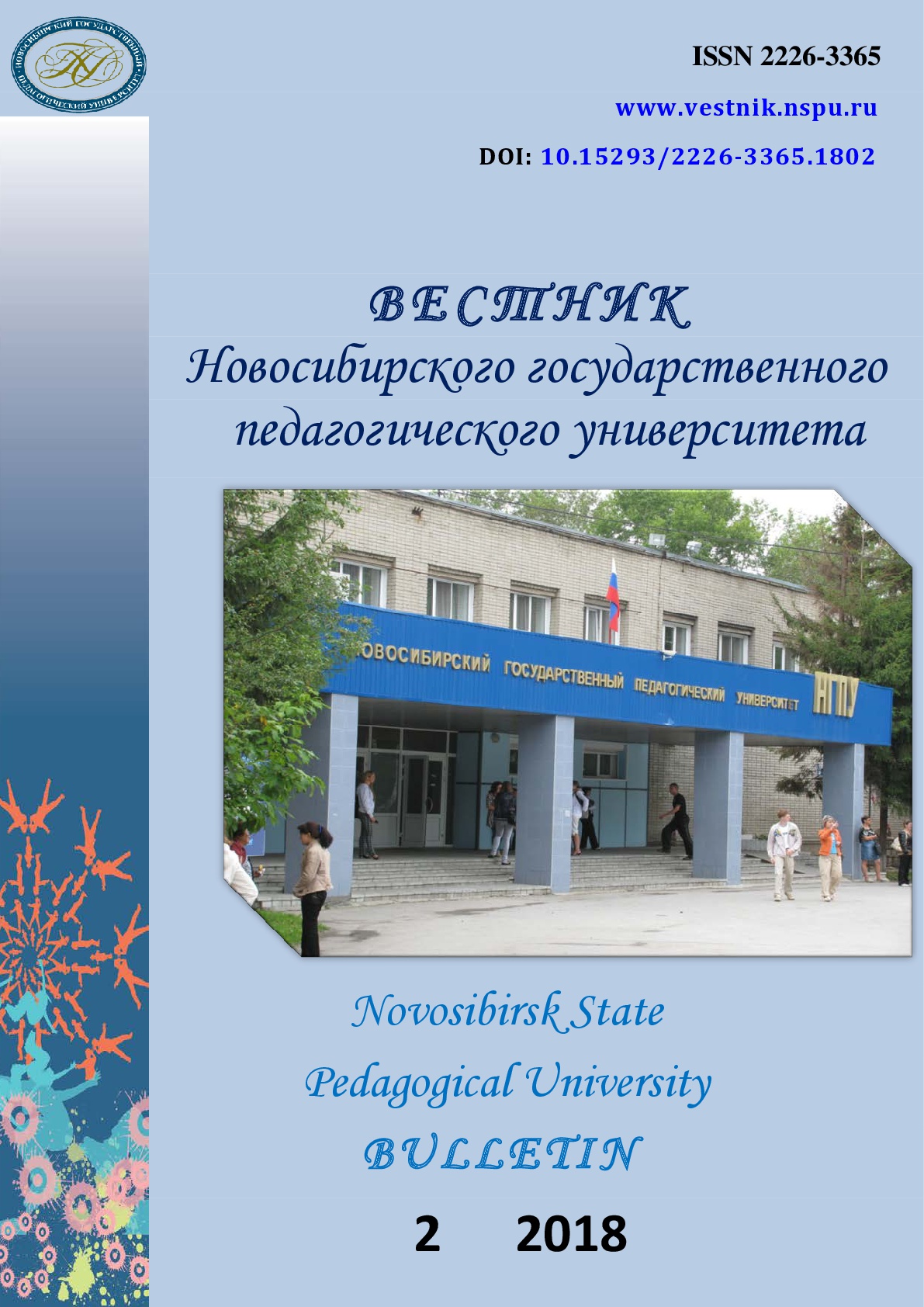Управление чтением художественных текстов как процессом порождения смысла
Managing reading of literary texts as a process of search for meaning
Author(s): Lyudmila Aleksandrovna MosunovaSubject(s): Psychology, Semantics, Theory of Literature
Published by: Новосибирский государственный педагогический университет
Keywords: Literary text; Perception of literature; Culture of reading fiction; Search for meaning; Managing reading; Psychology of meaningful reading; Methods of meaningful reading; Development of self-awarenes
Summary/Abstract: Introduction. The article focuses on the problem of finding ways of reading that would put the reader in the position of active interaction with the text and initiate the processes of semantic formation. This problem has not been properly studied both in Russia and abroad. The purpose of the article is identify the conditions for generating personal meaning in the reading process and to build a base reading management model contributing to a deeper understanding of literature. Materials and Methods. The research methodology is built on the key principles, methods and concepts of the psychological theory of activity and the theory of speech activity; includes the concept of meaningful reading, the concept of reading management, and the principle of "creative" reading, the content of which differs from the "informative" reading and is based on modeling method. Results. The main research results consist in identifying the psychological conditions of meaningful reading. The article examines significant issues of developing students’ consciousness by means of changing the ways of reading, and describes the methods of reading management contributing to generation of meanings. It is emphasized that these methods increase the contribution of the artistic structures to the development of value-semantic sphere of the reader, which is responsible for the implementation of the most important tasks of people’s life: finding their place in the world, searching for their essence and individualization. Conclusions. The author concludes that overcoming superficial attitude to literature can be achieved as a result of applying the proposed reading management model, which excludes the position of the reader as a consumer of the completed text. The feasibility of its application in teaching is experimentally proved. The author provides the examples of teaching materials in reading management as a process of generation of meaning. The author notes that reading management focuses on the implementation of the cultural goals of literary texts resulting from the inclusion of the subject in the sphere of human meanings and values, which involves the actualization of personal senses of the reader. Therefore, teaching literature in schools and universities should be based on psychological and educational aspects of reading process.
Journal: Вестник Новосибирского государственного педагогического университета
- Issue Year: 8/2018
- Issue No: 2
- Page Range: 135-152
- Page Count: 18
- Language: Russian

